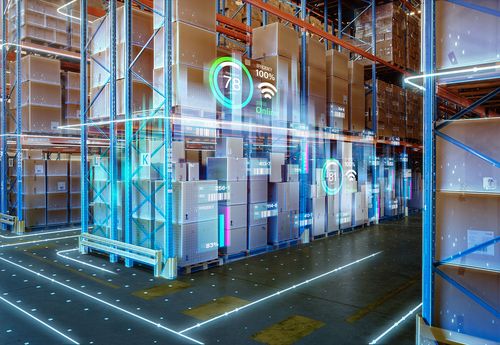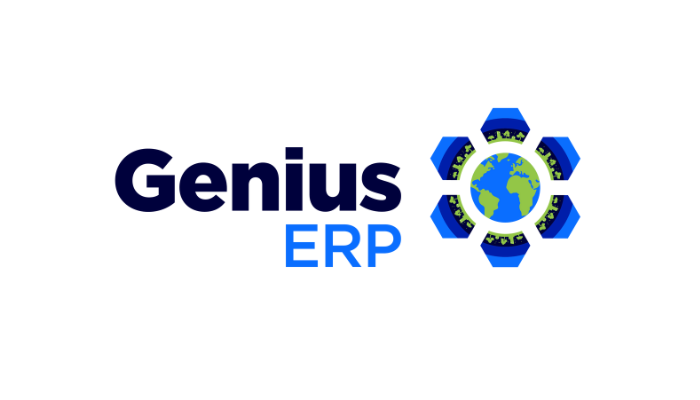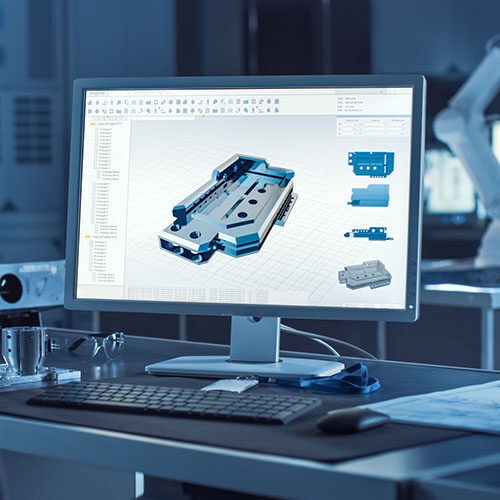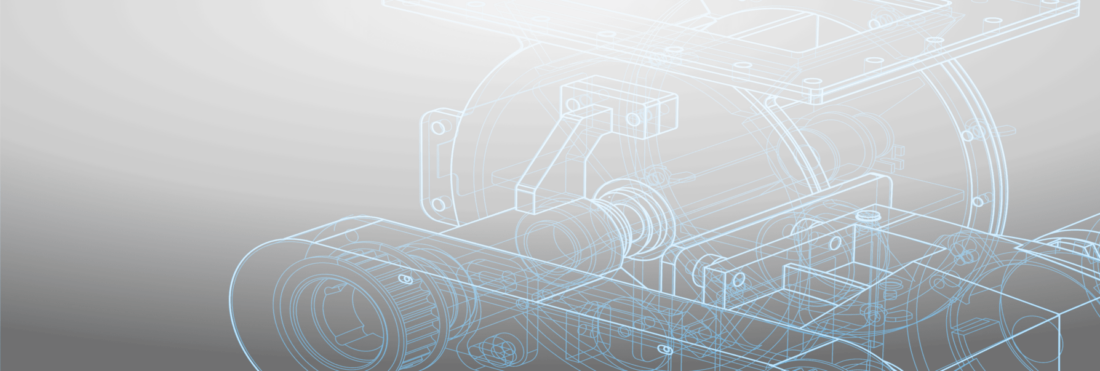
ERP for Supply Chain Management (SCM)
Supply chain management (SCM) encompasses all the processes needed to forecast, plan, execute, and monitor the flow of goods through a supply chain — from sourcing raw materials to delivering finished products to customers. Demand planning, procurement, production, delivery, and logistics are all included in SCM.
Supply chain management has always been important for manufacturers, but it is now more important than ever. In the past, manufacturers focused more on reducing costs across their supply chains, but now manufacturers need robust supply chain management to help them cope with the disruptions to supply chains and material shortages that have plagued the industry in 2022.
Manufacturers can better manage all of their business activities, including their supply chain, with an ERP. ERPs give manufacturers a comprehensive supply chain management system that integrates transactions, material planning, and other services within a single system.
Why Use an ERP for Supply Chain Management
Modern ERP solutions increase efficiency across your entire shop — including your relationships with suppliers and partners. Manufacturers rely on their partners and vendors to supply them with the right type and amount of materials at the right time to keep production moving according to their schedules.
ERPs automate your workflows and streamline your processes, helping you effectively manage complex supply chain networks and ensuring you always have the right materials on hand. They will improve your relationships with your suppliers and partners and information flow throughout your organization, making the procurement of goods easier and quicker.
Role of an ERP in Supply Chain Management
ERPs touch on every aspect of your business, making them an invaluable tool for supply chain management. They improve all your processes, from purchasing to inventory management to delivering finished products to your customers — meaning your supply chain management will improve.
ERPs lower overhead and operational costs by improving efficiency. But more importantly, today, ERPs give you the tools to more efficiently and effectively procure goods — from multiple suppliers — to help you mitigate the current strains on supply chains.
Benefits of an ERP for Supply Chain Management
1. Better Demand Planning
Demand planning is knowing how much of each item to order and when to order it. But if you’re using a spreadsheet to do manual demand planning, it’s easier said than done. One wrong calculation can disrupt your entire supply chain, resulting in bottlenecks, delays, and unhappy consumers.
ERPs gather information from your current inventory levels, sales projections, and historical trends to provide precise demand plans.
2. Complete Visibility Across Your Organization
ERPs are an all-in-one solution that gives manufacturers a comprehensive, consolidated view of their entire supply chain. Managers and executives have more insight and control over all aspects of the supply chain, making it easier to see any problems and act more quickly to find solutions.
High-level visibility lets you monitor the progress of every project you have on the go, letting you know instantly if a project is on-time — or at risk of being held up. ERPs also give you the details you need about your own inventory levels and active jobs, making it simpler to react to customer inquiries regarding their orders — enhancing customer service.
3. Automate Procurement Processes
Purchasing in a custom manufacturing environment is complicated: Unlike in more standardized manufacturing environments, custom shops do not always have consistent or clear requirements for raw materials and parts.
With an ERP, it is simple to automate tasks like communicating with vendors and suppliers, keeping track of these communications, creating purchase orders, and even reordering materials. ERPs integrate your purchasing department with the rest of your shop, including the engineering department, making it easier for purchasers to know what is needed and when — including long-lead items. As a result, goods can be acquired quickly, and the purchasing department works in tandem with the rest of the company.
4. Evaluate Vendor Performance
ERP systems make it easier for manufacturers to assess their vendors’ quantitative and qualitative characteristics, assisting them in making better, more informed business decisions and helping them choose the best vendors for current market conditions. To make sure you always select the best vendor for the job, ERPs allow you to evaluate vendors based on quality, pricing, and delivery dates.
By combining purchase orders, ERPs also give you more negotiating and purchasing power — helping you to save money.
5. Improve Inventory Management
You will always know your inventory levels — accurate to the second — with an ERP. With one simplified and integrated system, you can keep track of your inventory needs and replenish stock based on actual on-the-job demand.
ERPs let you track your inventory to the serial number, helping you prevent production interruptions and do away with unexpected material shortages. You will always know how many of each item in your inventory is available, reserved for jobs, in production, and on order — improving your supply chain management.
6. Fewer Production Bottlenecks
The improvements you make using an ERP for demand forecasting, purchasing, and inventory management directly impact your manufacturing and production processes, making you more efficient.
You can use your ERP to keep your production line operating at full capacity, by easily assigning materials, equipment, and labor resources to a production BOM — increasing your shop floor’s performance and eliminating production bottlenecks.
7. Error-free Shipments
Supply chain management doesn’t end when raw materials enter your shop. Supply chain management also encompasses delivery finished products to your customers.
ERPs improve shipping and invoicing functions to ensure error-free deliveries to your customers. Your ERP can automatically generate pick lists, and prepare shipping memos, bills of lading, and commercial invoices.
Genius ERP’s Solution for Supply Chain Management
Genius ERP is built specifically for small- and mid-sized custom manufacturers. With decades of industry experience, we have fine-tuned our ERP system to meet the unique demands of custom manufacturers. As manufacturing gets more customized and more complex, Genius ERP gives manufacturers the tools they need to get a handle on their entire operation and move jobs more seamlessly through their shop from quote to cash.
Genius gives improved visibility into your company operations, allowing for better demand planning. Real-time inventory levels provide your purchasing department with accurate data, letting them know how many of any part you have on hand and what needs to be procured. It’s also much easier to set priorities and get your team focused on the right projects — ones where you have all the materials on hand — making your shop floor more efficient.
Genius ERP’s total visibility allows for better purchasing and inventory management. We give your executive team more data to make better decisions for your operation regarding supply chain management. Everything from carrying costs and how much stock you have on hand, to dual sourcing of raw materials, is improved with Genius ERP.
Also, because of current global supply chain interruptions, more and more goods are appearing on long-lead item lists. Genius ERP allows for concurrent engineering, which lets you purchase long-lead items prior to completing a BOM — ensuring you’ll have these items on hand in time for production.
Learn more about our ERP solutions for supply chain management. Book a demo with Genius ERP today!
Get your eBook Scared to implement a new ERP?
"*" indicates required fields



